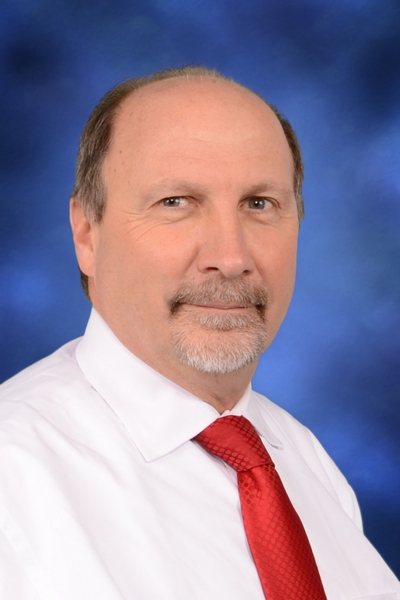Change, challenges and the ideal construction project
by Chris Maday Schmidt
 A construction industry veteran with 44 years of experience, Don DeNardo has worked with Lendlease since 1989, most recently as executive vice president, director of field operations. Prior to this, he worked as a superintendent for over four decades in New York City. Join Construction Superintendent as DeNardo shares his insights from working as a superintendent, to overseeing field operations.
A construction industry veteran with 44 years of experience, Don DeNardo has worked with Lendlease since 1989, most recently as executive vice president, director of field operations. Prior to this, he worked as a superintendent for over four decades in New York City. Join Construction Superintendent as DeNardo shares his insights from working as a superintendent, to overseeing field operations.
(Q) What is the biggest change you’ve encountered in the past four decades as far as workforce—e.g., job preparedness, education/training, etc.?
The biggest change I have encountered in my career is the focus on safety. In 1971, when I started in the industry it was common to see no perimeter protection onsite, guys wearing no hardhats and OSHA was not even a year old. The industry has come a long way in making safety a priority, and I am proud to have played a part in it.
(Q) Your background includes supervision of major mixed-use retail and hotel development, newsrooms, courthouse and gas company headquarters. Which of your past projects would you say was the most memorable and what makes it stand out?
My favorite project that I worked on was 731 Lexington Avenue, which is a major mixed-used building in New York City and home to Bloomberg L.P. The project was stopped after we had just finished the foundation; the owner had decided a portion of the project that was going to face Third Avenue would now face Lexington. So we had to rip up the foundation and pour a new one to accommodate the change.
(Q) Describe any type of mentorship opportunities you were involved with. How are you continuing this?
Throughout my career I was fortunate to have mentors such as Gene McGovern, Peter Leher, James Abadie and Pete Marchetto. They all helped me grow into my current role and supported me throughout my career. I am proud to say many of the guys I have mentored on jobsites are now running projects on their own and I couldn’t be more proud of them.
(Q) What are some of the bigger challenges, aside from lack of space, of managing work on jobsites in downtown New York?
The most important thing is making sure each and every day everyone goes home safe. As much of our job is very technical, there is a human side to it and we always have to be conscious of that.
(Q) Is there an ideal construction project? If so, what does it look like?
The ideal project would be in the middle of the desert and only two stories high, everything would be accessible from street level and the schedule is flexible.
(Q) What would you tell your younger self just starting out in the industry?
I have to say don’t change a thing as I have been extremely fortunate throughout my career. I started as a laborer and went to school at night to study construction management. I was exposed to wonderful people in the industry and some of the most challenging projects.
(Q) What do you think is the biggest problem facing the construction industry today? Do you have any solutions to this problem?
I think a big problem is keeping younger talent we bring in and recruit. They’re apt to change careers—not necessarily change employers. We’ve had quite a few young folks that are with us for 3-5 years. It’s not that they’re leaving to go work for a competitor; they’re literally changing their careers.
(Q) How do you go about implementing new technology with your superintendents on a jobsite?
Today supers are able to access information on the project immediately, compared to when I started. Today, a person in the field has the ability to review the weather and review construction documents by using an app. Now you can take a picture of an issue and send it to the subcontractor and have them resolve it. We have come a long way from the days of walking the site with a clipboard, pen and carbon paper.
(Q) What do you miss most about being a superintendent?
I miss most about being on the job with the team. You build long relationships with the team out in the field. In my role now I get to pop in and speak with them, but it’s not like how it was when you are there day after day working to build something.
(Q) You have worked your way up to become a vice president of field operations. What advice do you have for other superintendents who want to pursue a similar path?
Learn to listen, learn people skills, try to understand all sides of a problem and not just your aspect of the problem. Try always to bring people together and work on the problem as a team. As I have advanced in my career, I look at my role today as a coach. The teams in the field know what they are doing; I am there to support them and guide them.


 Join our thriving community of 70,000+ superintendents and trade professionals on LinkedIn!
Join our thriving community of 70,000+ superintendents and trade professionals on LinkedIn! Search our job board for your next opportunity, or post an opening within your company.
Search our job board for your next opportunity, or post an opening within your company. Subscribe to our monthly
Construction Superintendent eNewsletter and stay current.
Subscribe to our monthly
Construction Superintendent eNewsletter and stay current.